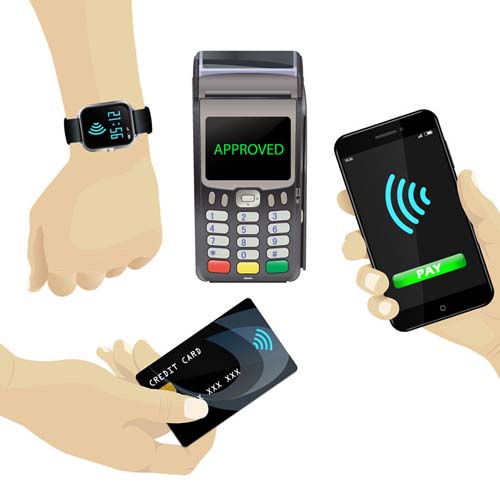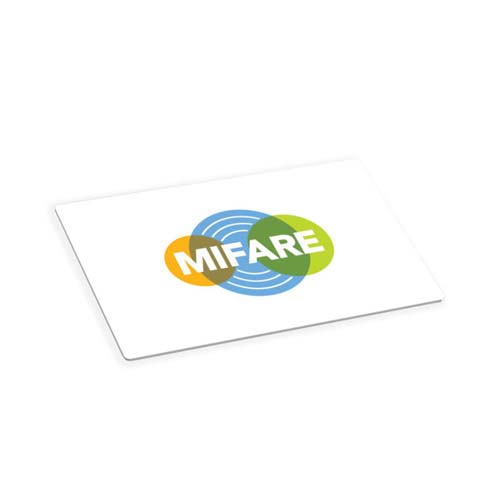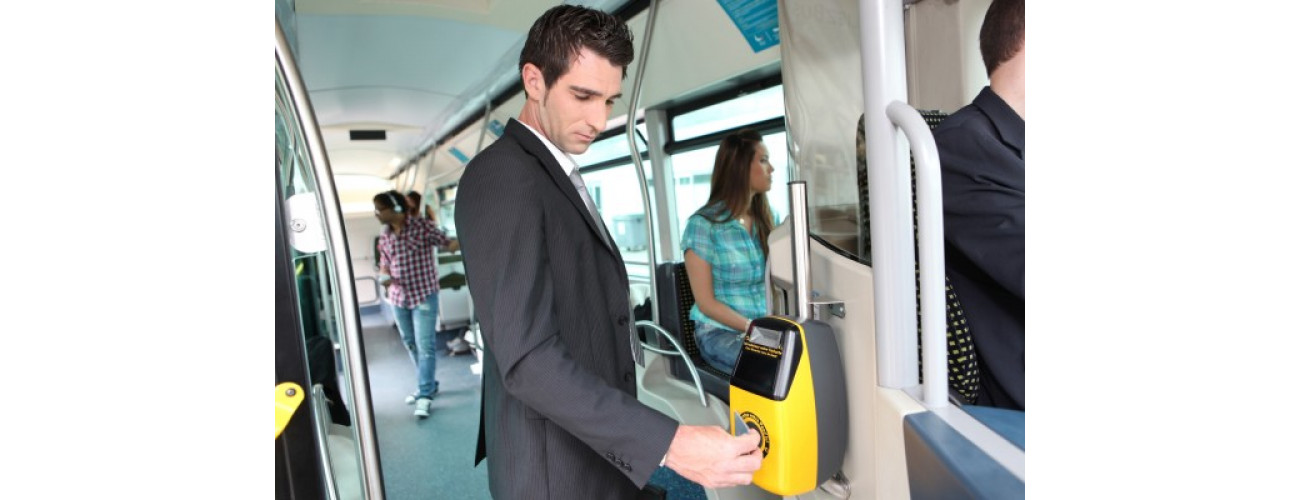
Greater passenger convenience is just one reason for the widespread adoption of smart card based ticketing systems. London’s Oyster and Hong Kong’s Octopus systems are just two examples of highly successful smart deployments. The availability of NFC based smartphones offers transport operators a revolutionary way to provide even more convenience for their travelling public. Rather than issuing and managing a smart card population they can now offer customers the ability to use the smartphone they already own. Mobile or Ticketing isn’t new but a recently launched HCE (Host Card Emulation) ticketing solution by Rambus Inc offers secure mobile ticketing to enable travellers to access their tickets easily using their NFC smartphone. The solution enables travellers to use something they already own to access ticketing and travel. The technology works with existing smart infrastructure meaning operators can use what they already have in place.
WHAT IS HCE TICKETING?
Host Card Emulation (HCE) enables a virtual smart card to be securely loaded onto an NFC mobile phone. This allows the phone to be used as a virtual smart travel card, meaning a passenger can use their mobile phone to travel rather than a physical smart card. There is no need to apply for and wait for a physical card to be delivered and this reduces the cost of issuing and managing physical smart cards for operators. Purchased tickets can be collected through traditional means such as Ticket Vending Machines (TVMs) but passengers can choose to simply download a ticket or stored value directly to their phone for even greater convenience. The Rambus HCE ‘Ticket Wallet’ can store multiple smart tickets and pay-as-you-go value which reduces the need to carry multiple physical cards. The mobile phone can simply be tapped against a station gate or bus Electronic Ticketing Machine (ETM) in the same way as a physical smart card would be used – there is no need to open the app. Once downloaded, tickets can be used where there is no internet access, so if you are boarding a bus in a rural area or a Subway with limited or no internet it won’t affect your ability to travel.
HCE Ticketing provides a migration path from smart cards to mobile across the public transportation sector.
Rambus formally launched its HCE ticketing solution at Transport Ticketing Global in London where it was also announced that Strathclyde Partnership for Transport (SPT) would be proceeding with the first UK pilot on the Glasgow Subway in Q2 2017. The Rambus HCE ticketing solution includes a HCE Ticket Wallet Service and an HCE Ticketing App. The wallet service enables a virtual smart card to be securely provisioned to an NFC mobile device and for multiple digital tickets to be stored on a ticket wallet held within the virtual smart card. The consumer facing ticketing app complements the wallet service as this allows consumers to register, manage their account, view and pay for tickets and then download those tickets directly to their ticket wallet. They simply tap their phone against a station gate, Point of Sale Terminal (POST) or Ticket Vending Machine (TVM) in the same way they would tap a smart card to gain entry and have their ticket validated. A key feature of the Rambus solution is that it can work with existing smart infrastructure which is important to operators who wish to avoid additional infrastructure costs.
HCE ticketing offers a convenient and secure mobile ticketing option for both operators and consumers. For operators it offers the ability to use the infrastructure already in situ whilst offering a secure mobile ticketing solution to help travellers manage their trips and more easily access transport.
If you require anymore information on HCE ticketing or any aspect of smart ticketing, then please call us Toll Free: 1-800-810-4959 or sales@usmartcards.com



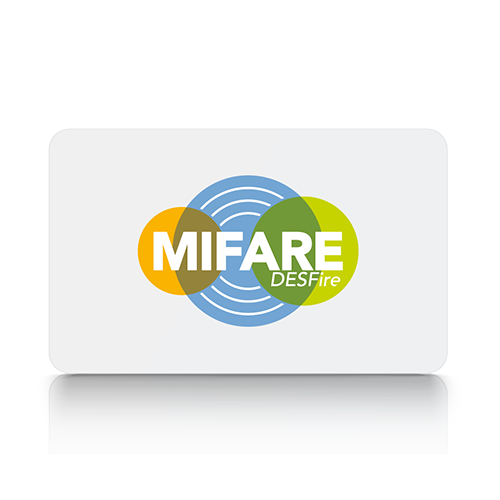









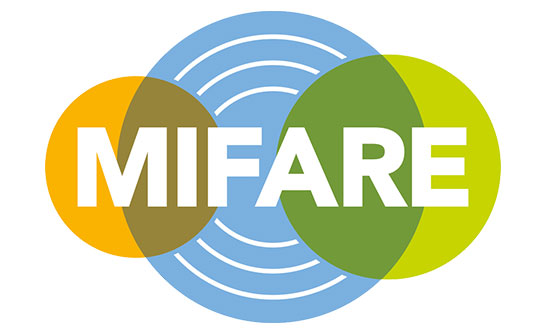



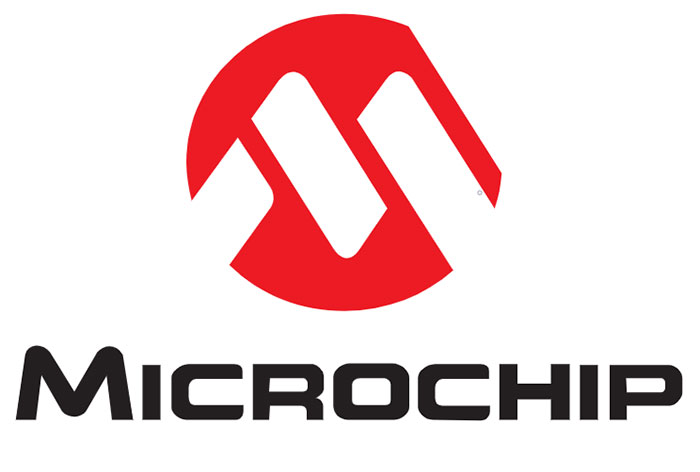




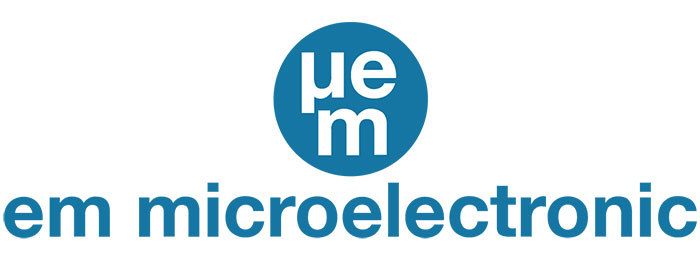
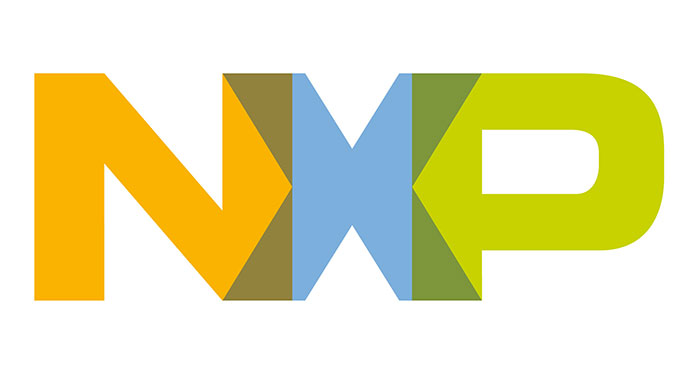

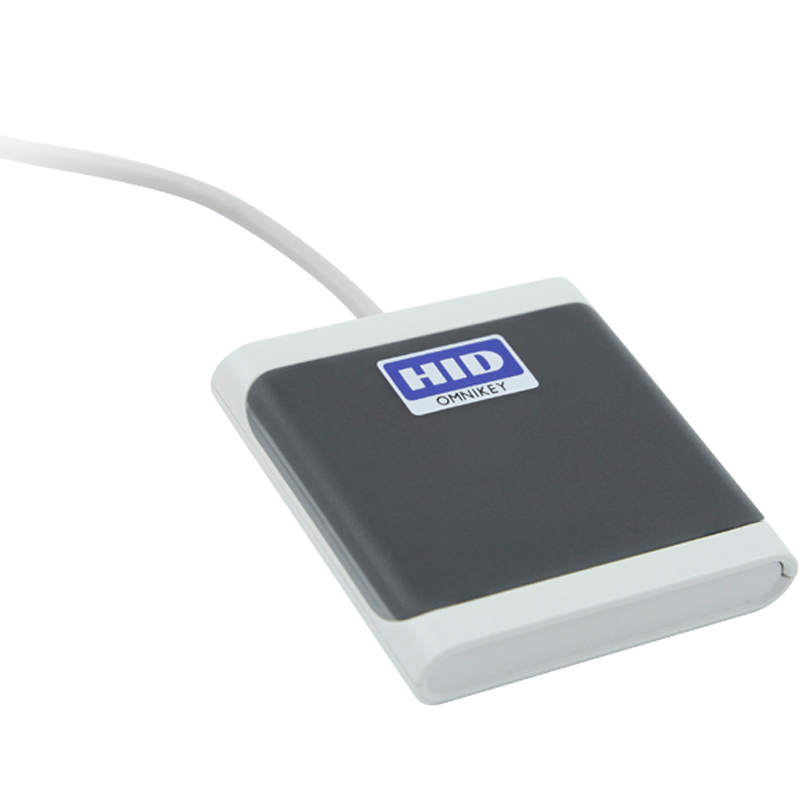
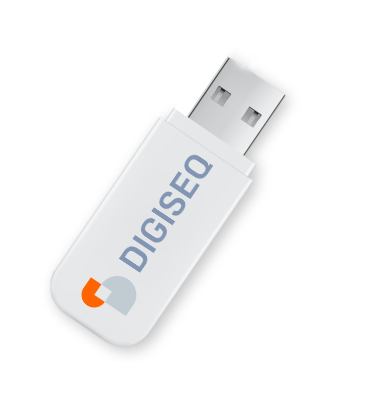
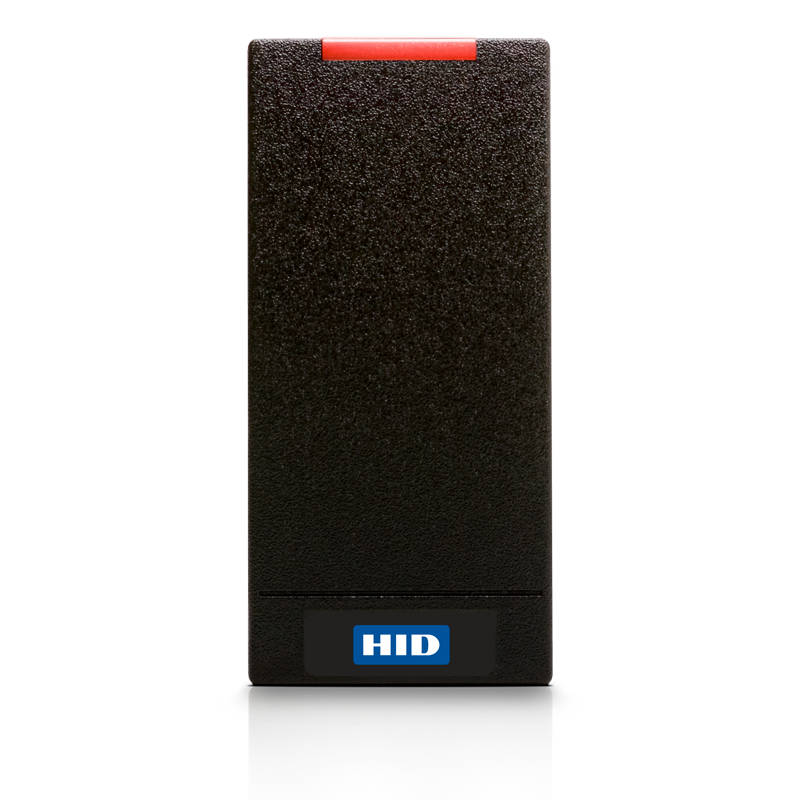
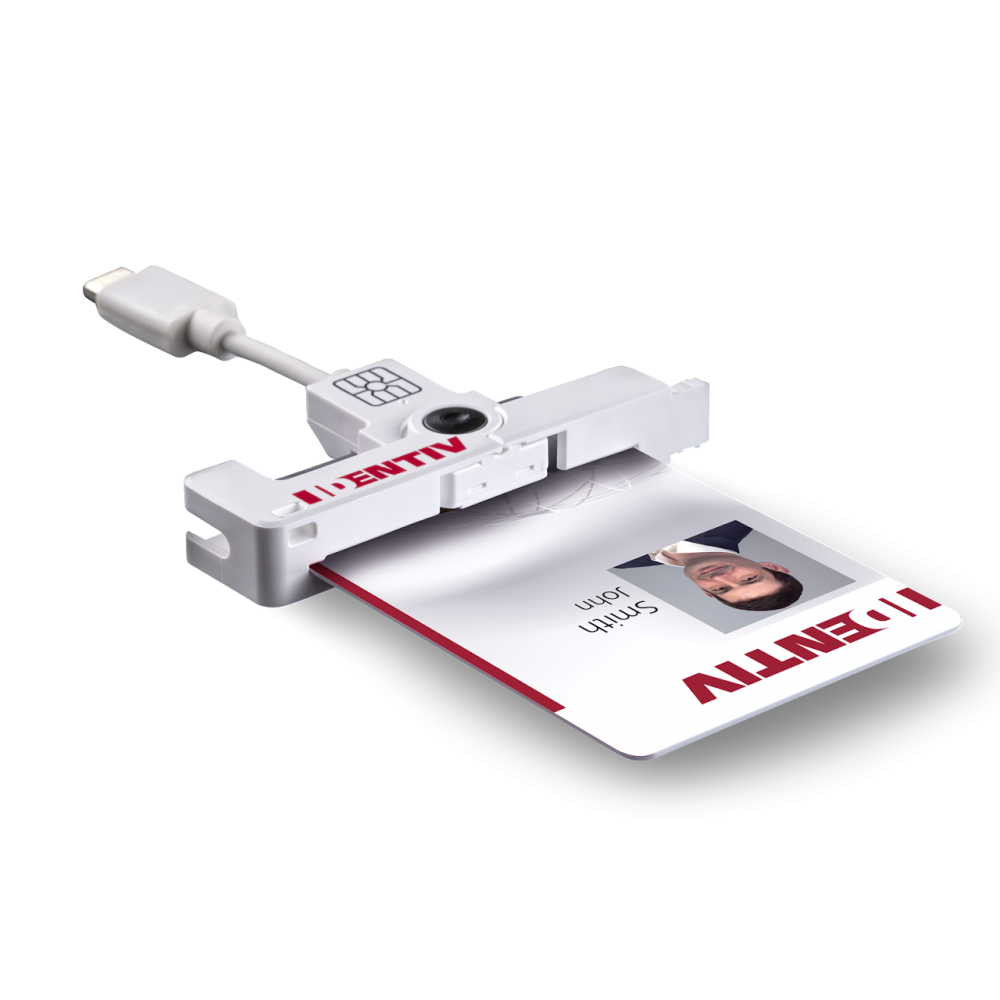
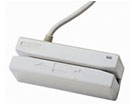
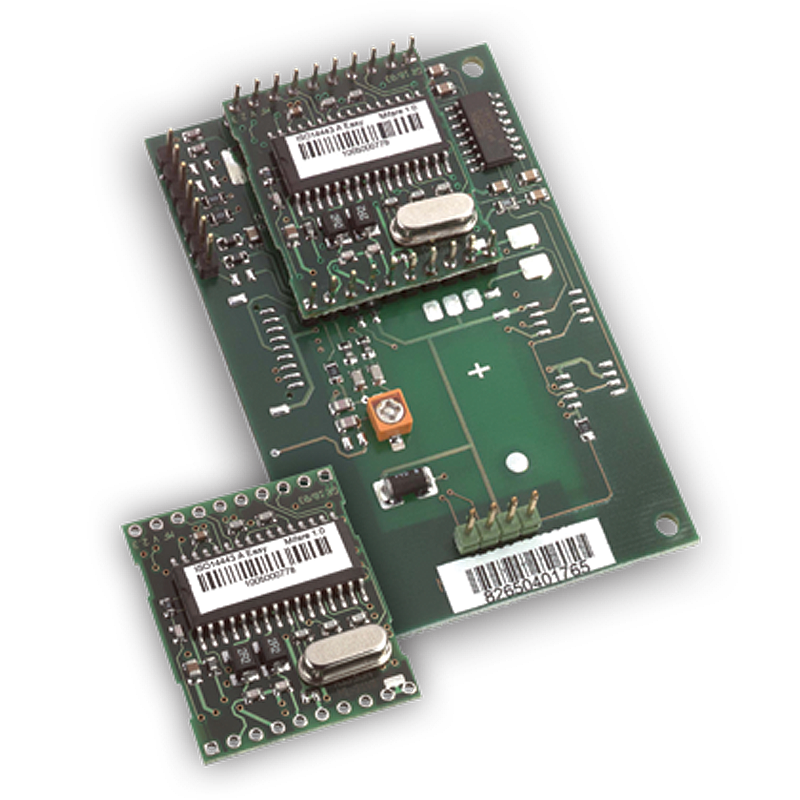
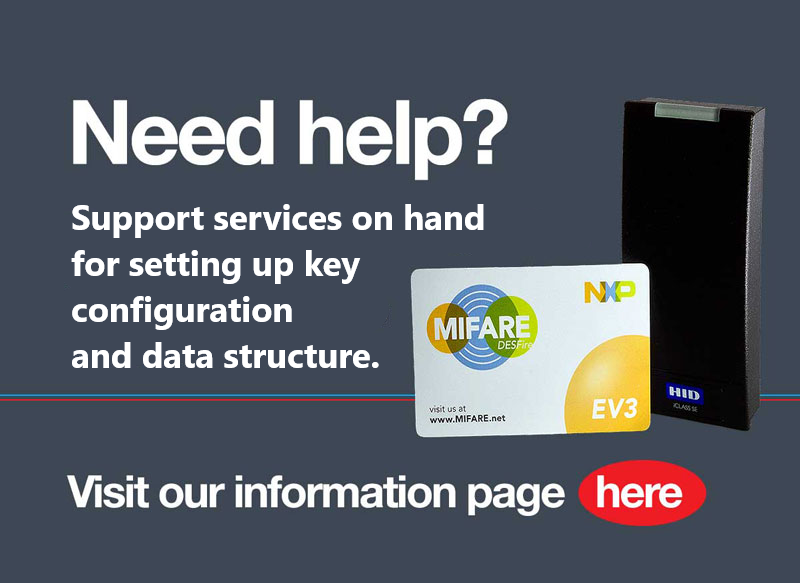





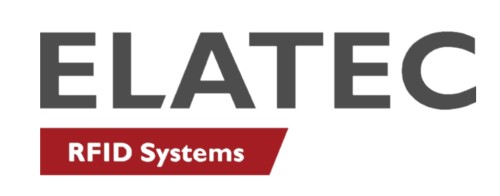
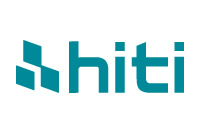
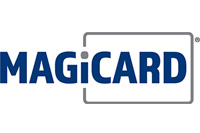



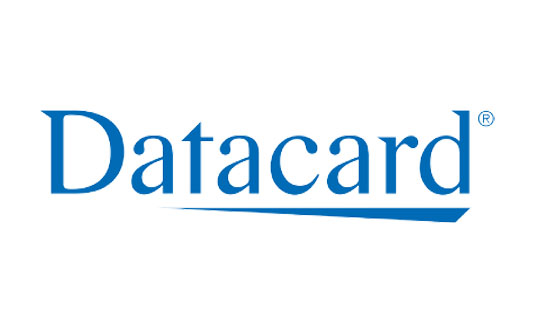



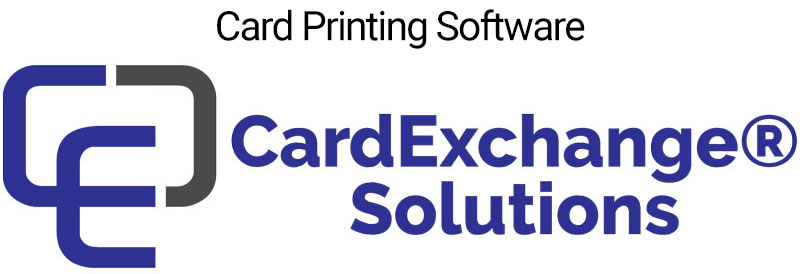


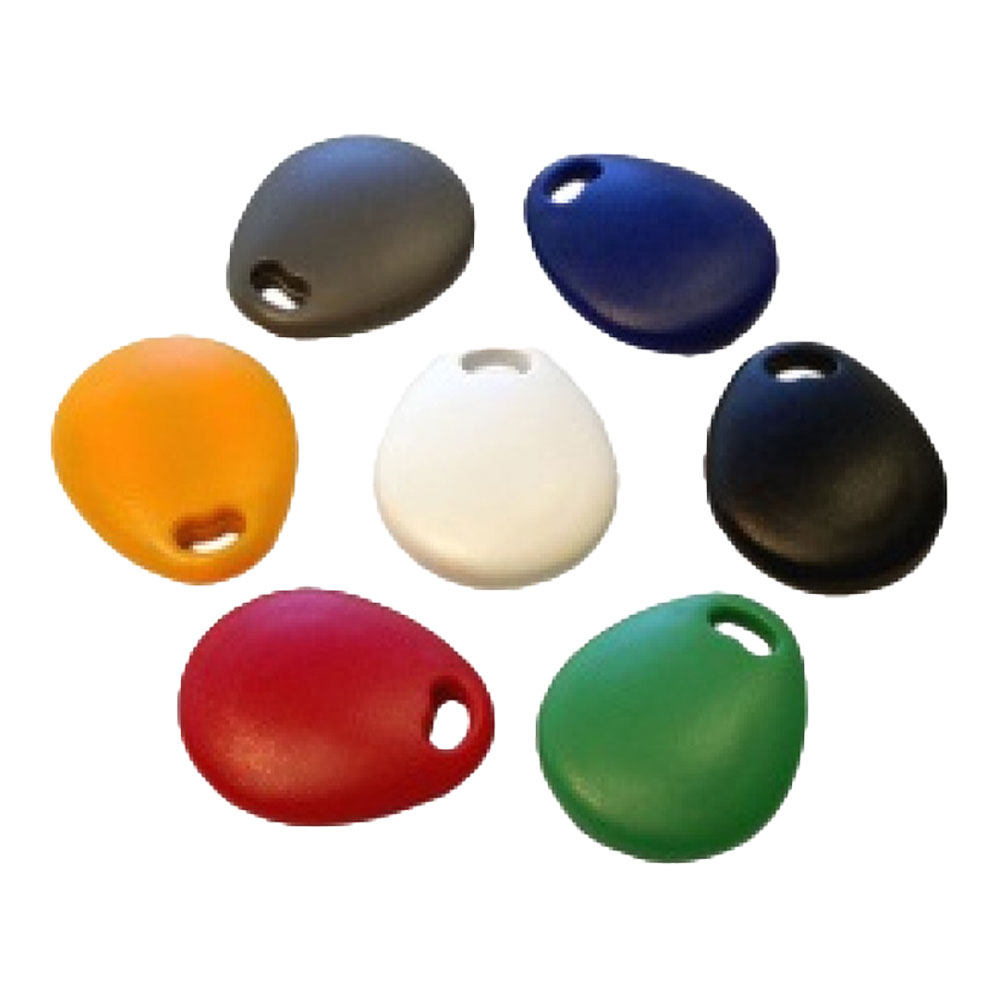
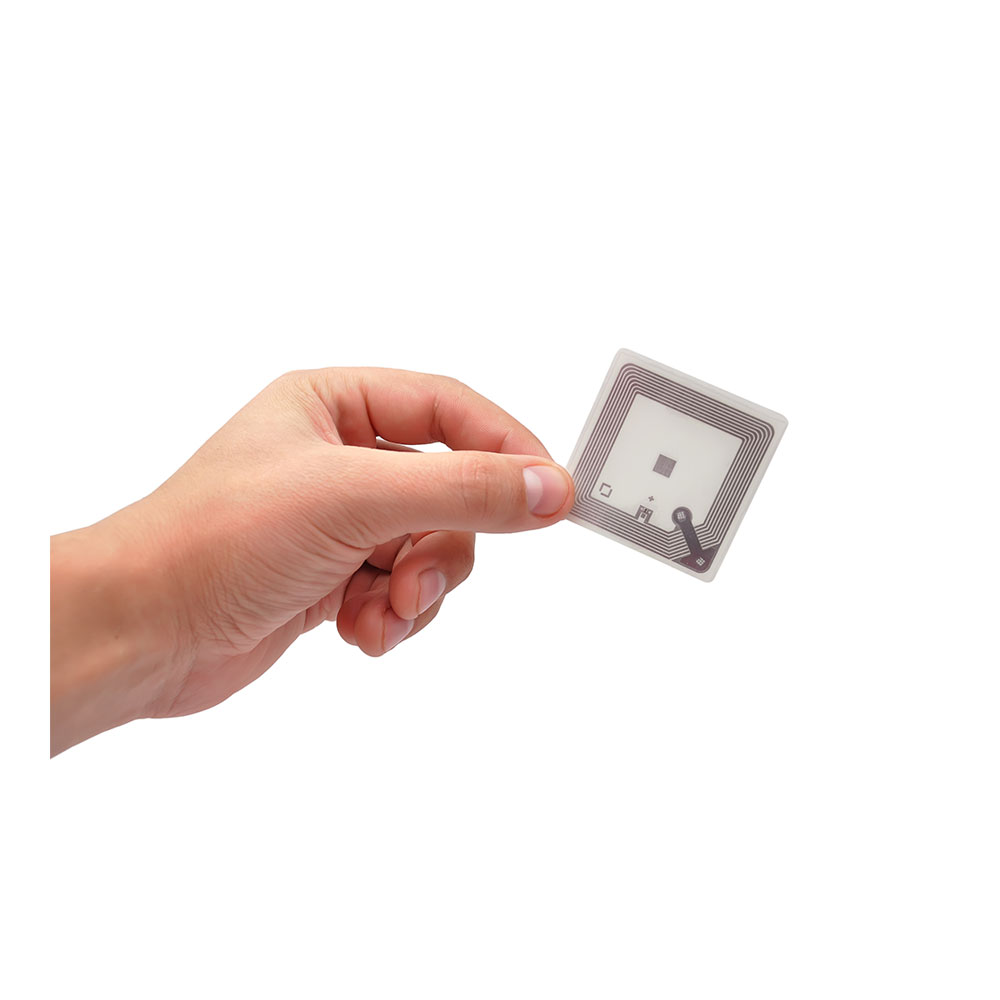



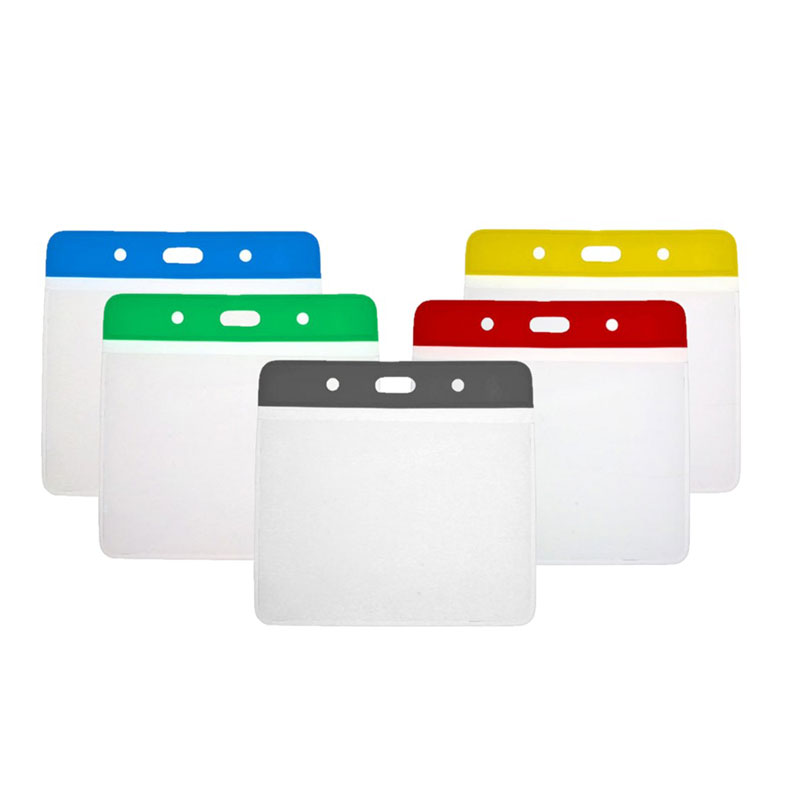

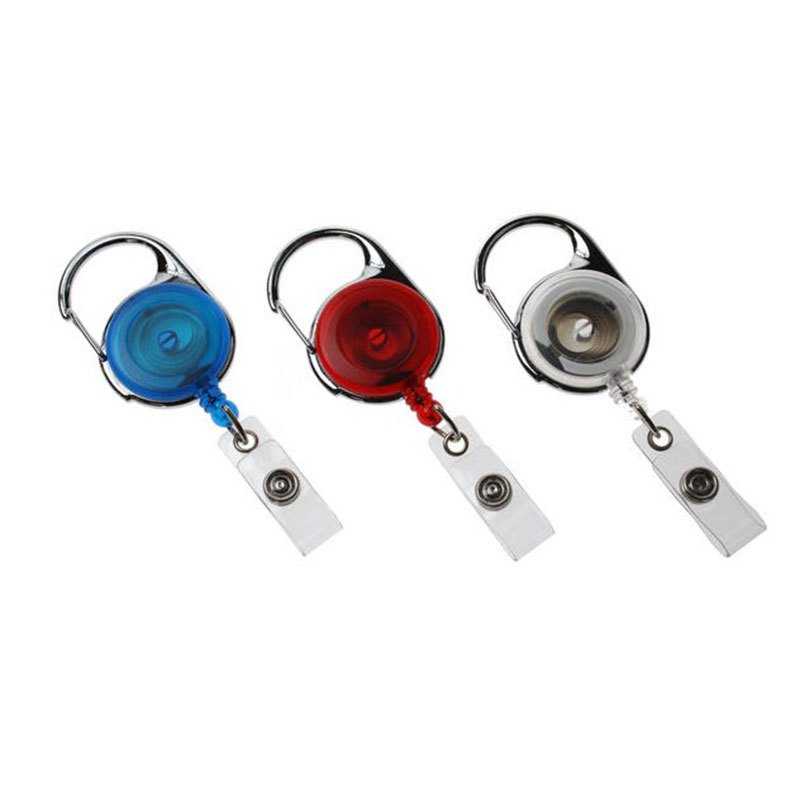


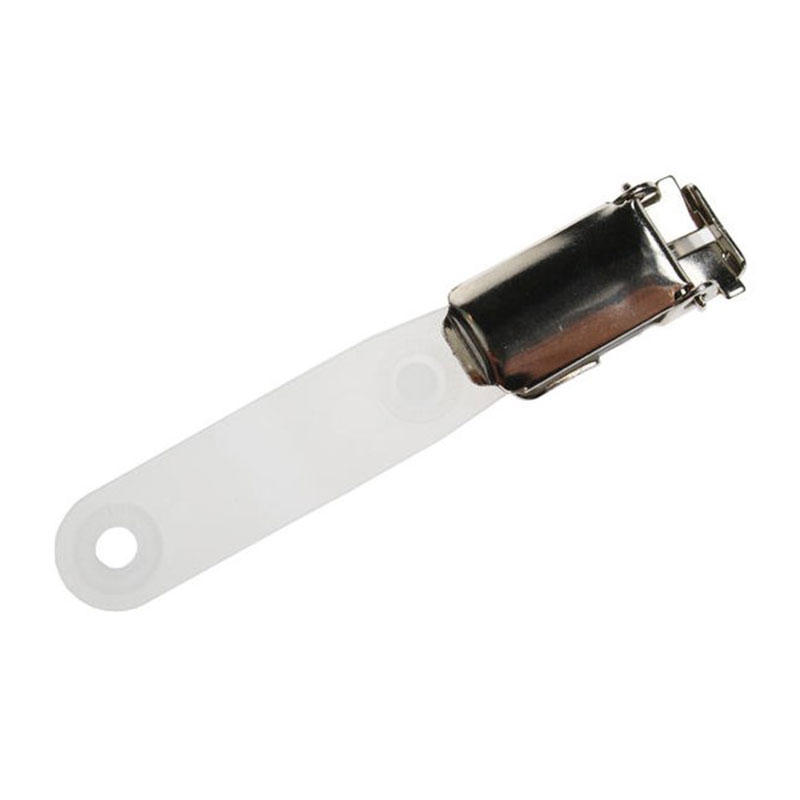

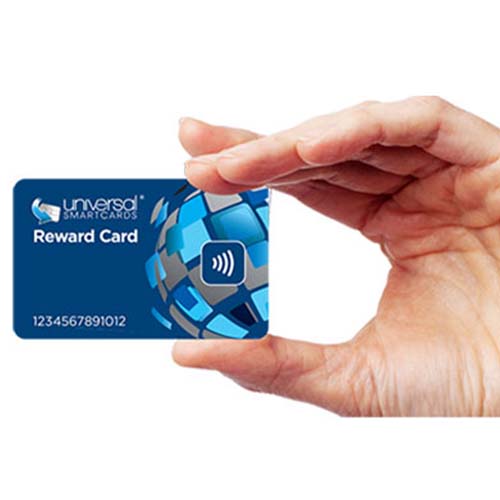
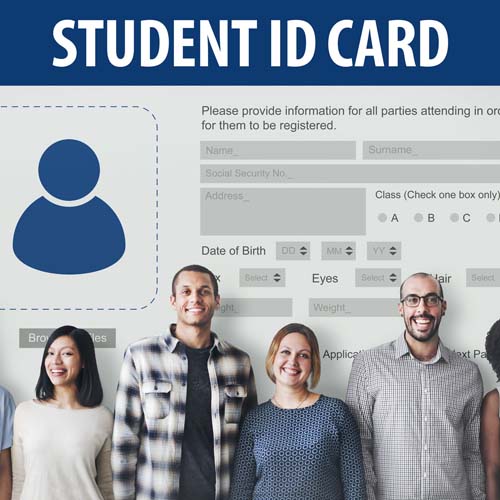
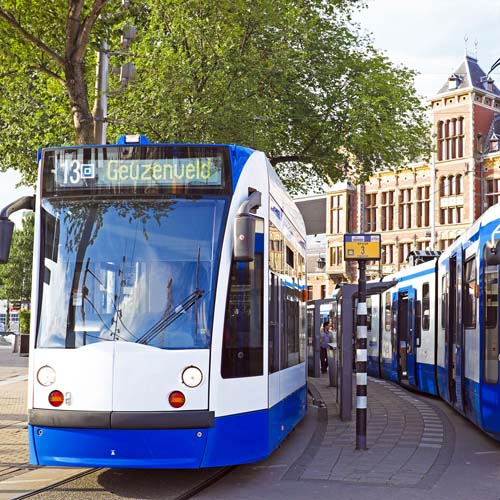
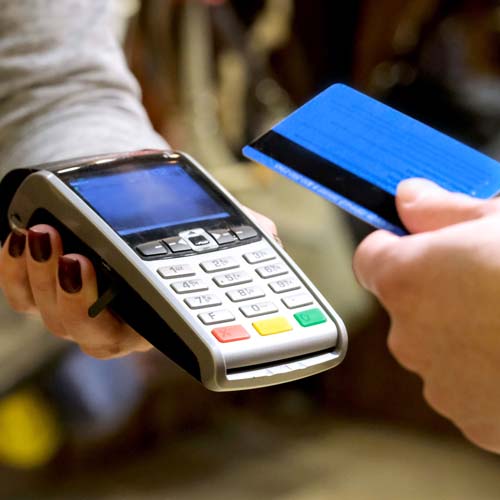
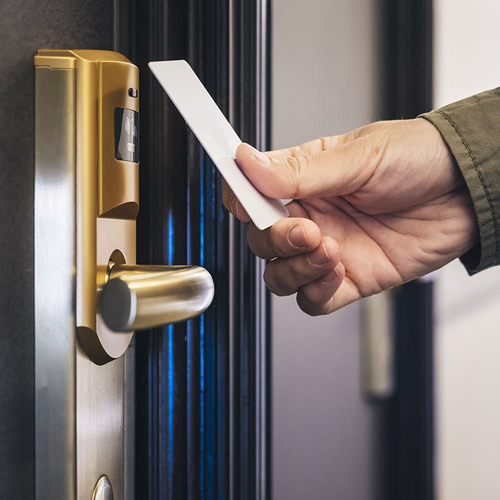
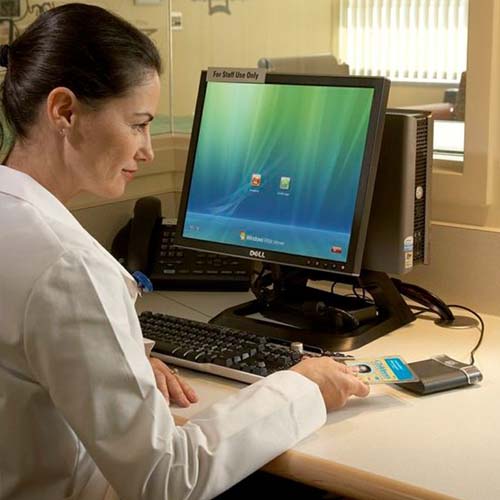


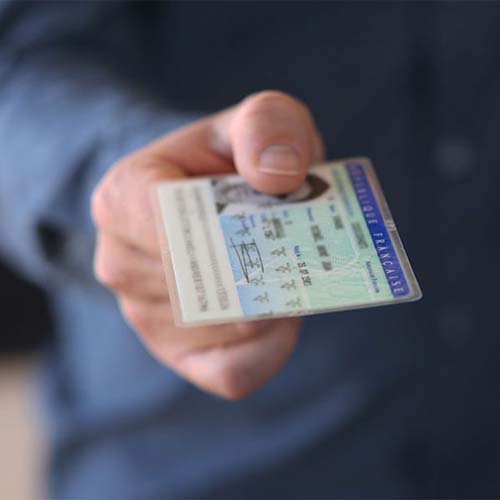
-500x500.jpg)




